Reader-Writer Locks
With C++14 came reader-writer locks. The idea is straightforward and promising. Arbitrary reading threads can access the critical region simultaneously, but only one thread is allowed to write.
Minimized bottleneck
Reader-writer locks do not solve the fundamental problem – threads competing for access to a critical region. But reader-writer locks help a lot – to minimize the bottleneck. Let’s give an example.
1 2 3 4 5 6 7 8 9 10 11 12 13 14 15 16 17 18 19 20 21 22 23 24 25 26 27 28 29 30 31 32 33 34 35 36 37 38 39 40 41 42 43 44 45 46 47 48 49 50 51 52 53 54 55 56 57 58 59 60 61 |
// readerWriterLock.cpp #include <iostream> #include <map> #include <shared_mutex> #include <string> #include <thread> std::map<std::string,int> teleBook{{"Dijkstra",1972},{"Scott",1976},{"Ritchie",1983}}; std::shared_timed_mutex teleBookMutex; void addToTeleBook(const std::string& na, int tele){ std::lock_guard<std::shared_timed_mutex> writerLock(teleBookMutex); std::cout << "\nSTARTING UPDATE " << na; std::this_thread::sleep_for(std::chrono::milliseconds(500)); teleBook[na]= tele; std::cout << " ... ENDING UPDATE " << na << std::endl; } void printNumber(const std::string& na){ std::shared_lock<std::shared_timed_mutex> readerLock(teleBookMutex); std::cout << na << ": " << teleBook[na]; } int main(){ std::cout << std::endl; std::thread reader1([]{ printNumber("Scott"); }); std::thread reader2([]{ printNumber("Ritchie"); }); std::thread w1([]{ addToTeleBook("Scott",1968); }); std::thread reader3([]{ printNumber("Dijkstra"); }); std::thread reader4([]{ printNumber("Scott"); }); std::thread w2([]{ addToTeleBook("Bjarne",1965); }); std::thread reader5([]{ printNumber("Scott"); }); std::thread reader6([]{ printNumber("Ritchie"); }); std::thread reader7([]{ printNumber("Scott"); }); std::thread reader8([]{ printNumber("Bjarne"); }); reader1.join(); reader2.join(); reader3.join(); reader4.join(); reader5.join(); reader6.join(); reader7.join(); reader8.join(); w1.join(); w2.join(); std::cout << std::endl; std::cout << "\nThe new telephone book" << std::endl; for (auto teleIt: teleBook){ std::cout << teleIt.first << ": " << teleIt.second << std::endl; } std::cout << std::endl; } |
The telebook in line 9 is the shared variable, which has to be protected. Eight threads want to read the telephone book; two threads want to modify it (lines 30 – 39). To access the telephone book simultaneously, the reading threads use the std::shared_lock<std::shared_timed_mutex>> in line 22. This opposes the writing threads, which need exclusive access to the critical section. The exclusivity is given by the std::lock_guard<std::shared_timed_mutex>> in line 14. In the end, the program displays (lines 54 – 57) the updated telephone book.
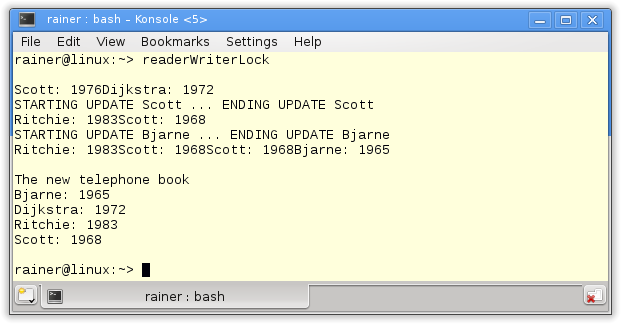
The screenshot shows that the output of the reading threads overlaps while the writing thread is executed one after the other. It means that the reading operations are performed at the same time.
That was easy. Too easy.
Undefined behavior
The program has undefined behavior. What? Before you continue, stop for a few seconds and think. By the way, the concurrent access of std::cout is not the issue.
The characteristic of a race condition is that at least two threads access the shared variable simultaneously, and at least one of them is a writer. Precisely what is happening in the program. A characteristic of the ordered associative container is that the reading of the container can modify it. It happens if the element is unavailable in the container – the case of “Bjarne”. If “Bjarne” is not found in the telephone book, a pair (“Bjarne”, 0) will be created from the read operation. For the details, have a look at cppreference.com.
 Modernes C++ Mentoring
Modernes C++ Mentoring
Do you want to stay informed: Subscribe.
What’s next?
In the next post, I will continue with thread-safe data initialization in multithreading programs.
Thanks a lot to my Patreon Supporters: Matt Braun, Roman Postanciuc, Tobias Zindl, G Prvulovic, Reinhold Dröge, Abernitzke, Frank Grimm, Sakib, Broeserl, António Pina, Sergey Agafyin, Андрей Бурмистров, Jake, GS, Lawton Shoemake, Jozo Leko, John Breland, Venkat Nandam, Jose Francisco, Douglas Tinkham, Kuchlong Kuchlong, Robert Blanch, Truels Wissneth, Mario Luoni, Friedrich Huber, lennonli, Pramod Tikare Muralidhara, Peter Ware, Daniel Hufschläger, Alessandro Pezzato, Bob Perry, Satish Vangipuram, Andi Ireland, Richard Ohnemus, Michael Dunsky, Leo Goodstadt, John Wiederhirn, Yacob Cohen-Arazi, Florian Tischler, Robin Furness, Michael Young, Holger Detering, Bernd Mühlhaus, Stephen Kelley, Kyle Dean, Tusar Palauri, Juan Dent, George Liao, Daniel Ceperley, Jon T Hess, Stephen Totten, Wolfgang Fütterer, Matthias Grün, Ben Atakora, Ann Shatoff, Rob North, Bhavith C Achar, Marco Parri Empoli, Philipp Lenk, Charles-Jianye Chen, Keith Jeffery, Matt Godbolt, Honey Sukesan, bruce_lee_wayne, Silviu Ardelean, schnapper79, Seeker, and Sundareswaran Senthilvel.
Thanks, in particular, to Jon Hess, Lakshman, Christian Wittenhorst, Sherhy Pyton, Dendi Suhubdy, Sudhakar Belagurusamy, Richard Sargeant, Rusty Fleming, John Nebel, Mipko, Alicja Kaminska, Slavko Radman, and David Poole.
| My special thanks to Embarcadero |  |
| My special thanks to PVS-Studio |  |
| My special thanks to Tipi.build |  |
| My special thanks to Take Up Code |  |
| My special thanks to SHAVEDYAKS |  |
Modernes C++ GmbH
Modernes C++ Mentoring (English)
Rainer Grimm
Yalovastraße 20
72108 Rottenburg
Mail: schulung@ModernesCpp.de
Mentoring: www.ModernesCpp.org


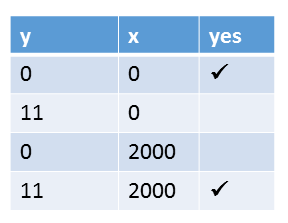

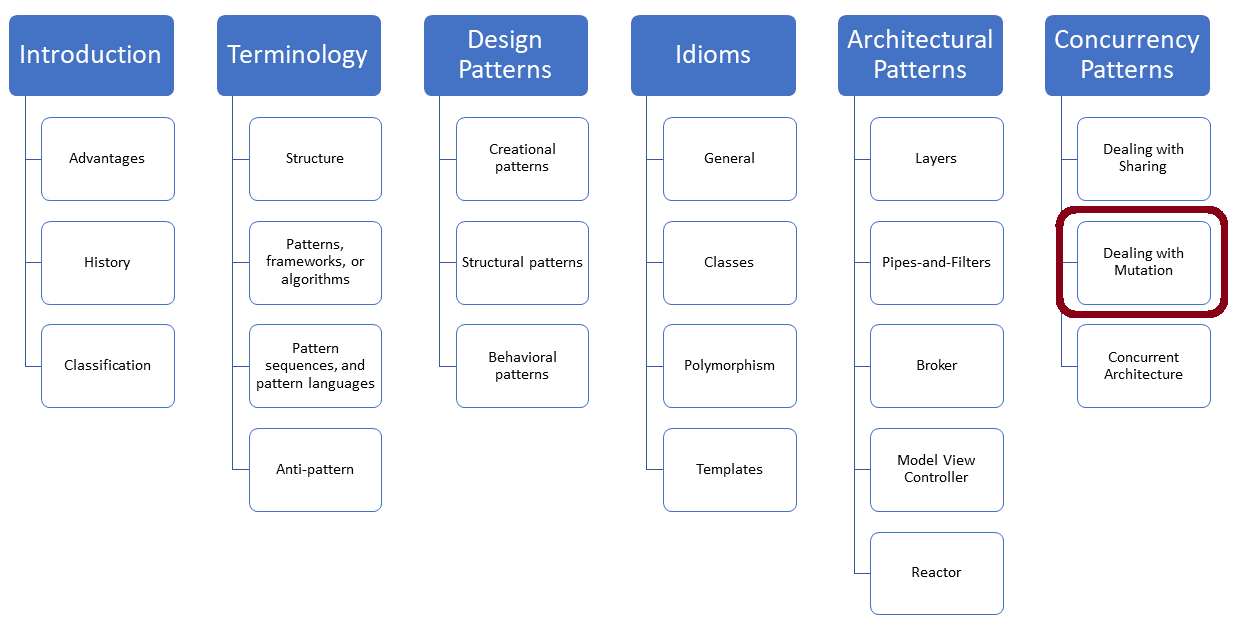
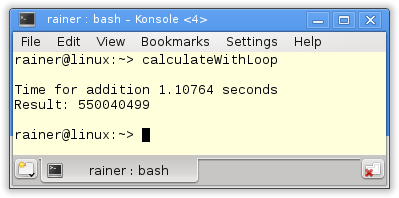
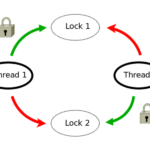
Leave a Reply
Want to join the discussion?Feel free to contribute!